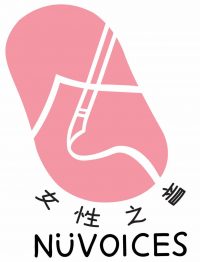Tensions between the U.S. and China have ratcheted upward in the last four years of the Trump administration. Groundbreaking research from independent Washington, D.C.–based researcher Ashley Feng have shown that acts of “economic coercion” go both ways. Policymakers on both sides of the Pacific have increasingly used measures such as tariffs and investment restrictions against one another. After Joe Biden’s election win, a decrease in tensions isn’t certain. In this episode, NüVoices chair Joanna Chiu chats with Ashley about what all this means for ordinary people like students, scientists, and immigrants.
Ashley is a former research associate for the Energy, Economics, and Security program at the Center for a New American Security. Her research interests include U.S.-China trade relations, China’s economic policies, and China’s global economic footprint. She has previously worked at the Council on Foreign Relations, the National Defense University, the Congressional Research Service, the Congressional-Executive Commission on China, and the China Affairs office in the Office of the U.S. Trade Representative.
Recommendations:
- A report co-authored by Ashley for the Center for a New American Security, A new arsenal for competition; China’s use of coercive economic measures, by Peter Harrell, Elizabeth Rosenberg, and Edoardo Saravalle
- Economic statecraft and the revenge of the state, by Darren J. Lim
- Chinese perspectives on economic diplomacy, by Audrye Wong

